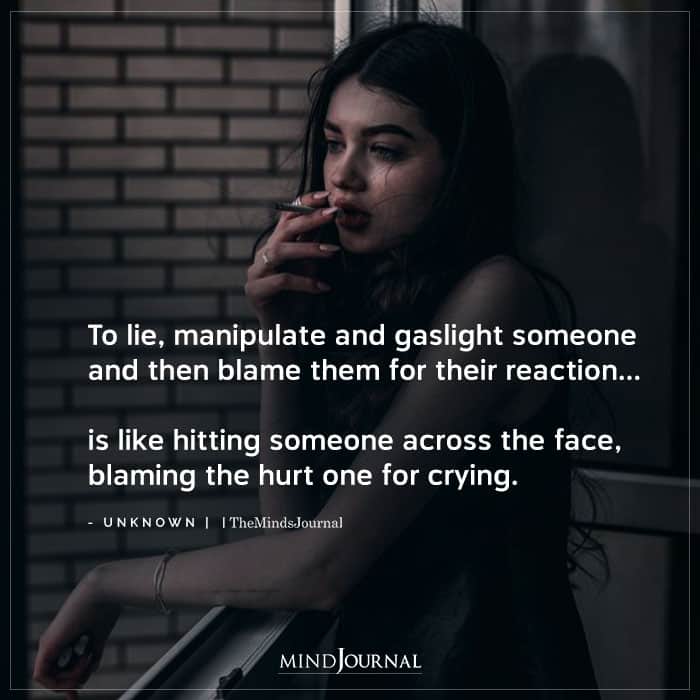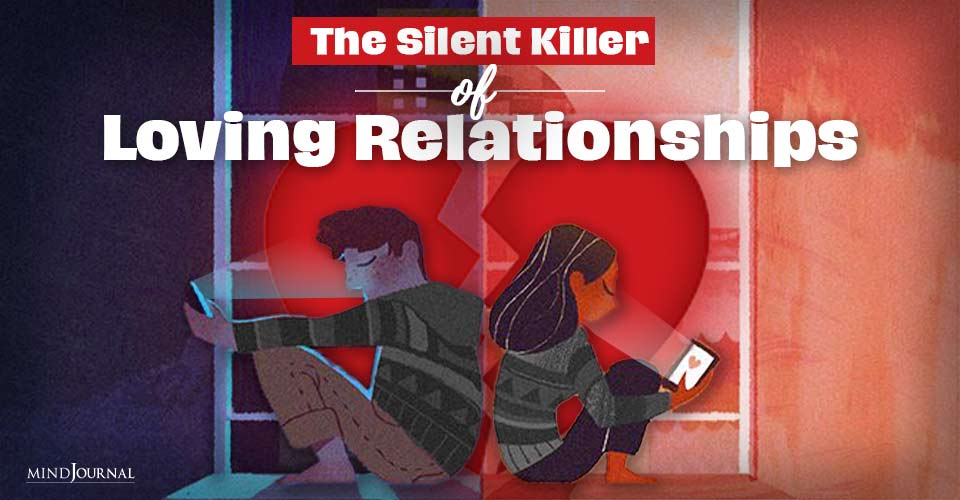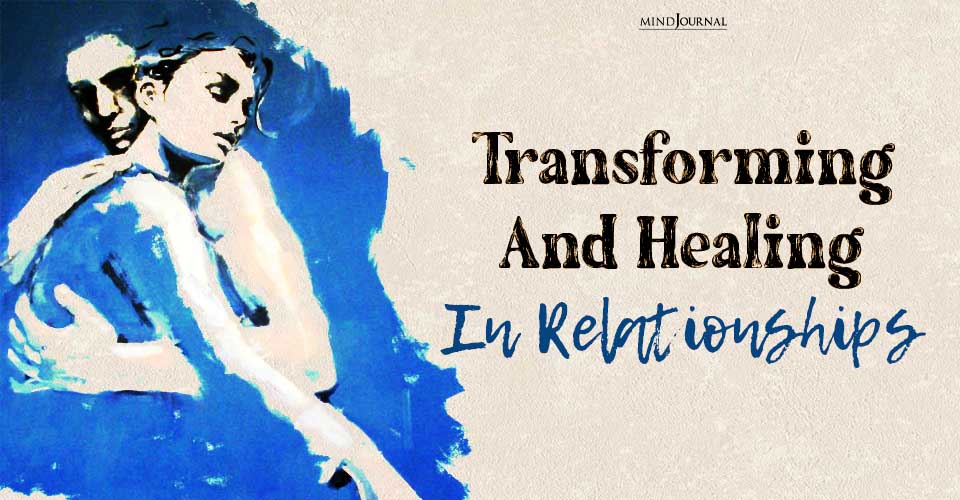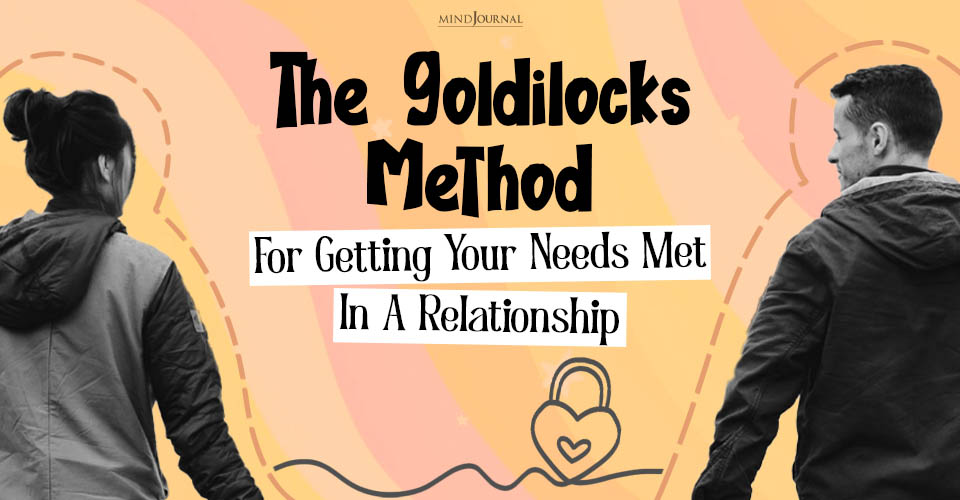Do you struggle with toxic thoughts about your partner? Why we are so misguided in blaming our partners when we fall out of love? Read on to know about the silent killer of loving relationships?
It seems everywhere we turn, we see and hear about miserable people and their unhappiness stems largely from what they feel is missing in their intimate relationships. Tensions are higher than ever as stressed couples are forced to spend more time than ever together and silently stew, in this current pandemic. We overhear complaints about relationships from people who confide in us and when we are hurting, we may confide in others as well.
Sample soundbites that you may instantly recognize are:
“She is totally selfish!”
“He never gets it!”
“He’s so obsessive and picky, he even likes his jeans ironed!”
“It is always about him!”
“She always believes her opinion is the only one that counts!”
Years ago, on a warm beautiful day, I climbed Squaw Peak in Arizona. There I was, getting directly in touch with Mother Nature, hiking up this scenic mountain when, to my astonishment, I heard some hikers complaining about their spouses and significant others as they passed by!
There’s no escaping relationship angst—even in the wilderness. And, more recently, almost twenty years later, while hiking in Valley Forge Park near my office in Pennsylvania, I witnessed a young couple, seemingly in their thirties, arguing. Even from ample social distance, I could hear the woman emphatically exclaim that her male partner was “totally dense”, while he looked off before screaming at her that she was “nuts.”
There is a lot of walking wounded out there. These are the scores of people who feel unfulfilled, or worse, emotionally neglected or abused, in their intimate relationships. It seems that everywhere we turn, we unfortunately see and hear about people who are unhappy and emotionally hurting, often severely, in their quest to feel loved.
Related: 11 Signs It’s An Emotionally Abusive Relationship
I know in the heat of the moment people believe, really believe in their heart and soul, that they are telling me the truth: “She is so lazy!”, “He really doesn’t listen,” “She always talks too much,” “He’s inconsiderate beyond belief…” Such distorted thoughts shine like beacons of truth amidst the sea of frustration that people in poor, problematic relationships feel they are drowning in.
But hold on. Really think about it. It’s virtually impossible that your partner never listens to you or never performs a considerate act. It may honestly seem that way to you at times, but I have yet to meet a person who never, ever listens, or who is incapable of being considerate. Of course, when one partner accuses the other of “never listening,” he or she reacts and sends the couple off on a whole new tangent that usually goes something like this: “That’s not true. Just last night I listened to you for two hours…” Or “Well how about what you did…”

I don’t know any mind readers. I also don’t know any blameless people. I don’t know anyone who can handle being told, “You’re nuts!” or “You’re the worst nag,” or “I have never met anyone as difficult as you!” Yet, these were the kinds of toxic thoughts (e.g., exaggerations, labels, all-or-nothing beliefs) being verbalized to me as if there wasn’t a doubt they were true. And the emotional damage resulting from these toxic thoughts is huge.
In my more than thirty years as a psychologist, I have repeatedly seen that if couples can manage their toxic thinking toward each other, a tremendous obstacle to communication, empathy, trust, and all the good relationship stuff was suddenly removed. Only then were they in a position to work through their problems together.

Over the last thirty years, I have seen that the nine specific types of relationship-sabotaging, destructive thoughts I discovered have emerged again and again with most individuals and couples who see me for relationship counseling. Some couples had three different toxic thought patterns at work in their relationship, others had six or seven, but one thing was for sure. Every couple had at least one.
Below is a list of the 9 primary toxic thoughts (as featured in my book, Why Can’t You Read My Mind?). How Many Of These Toxic Thoughts Do You or Your Partner Struggle With?
9 Primary Toxic Thoughts: The Silent Killer of Loving Relationships

1. The All-Or-Nothing Trap:
You see your partner as either always doing the wrong thing, or never doing the right thing. (“He always has to be right!”)
2. Catastrophic Conclusions:
One partner exaggerates negative actions and events concerning the other partner. (“She bounced that check and now we are definitely heading to the poor house!”)
3. The “Should” Bomb:
One partner assumes the other will meet one or more of his or her needs—just because he or she should know that need. (“You should know how much I hate my job, even though I tell everyone what a great opportunity it is.”)
4. Label Slinging:
You unfairly, and negatively, label your partner and lose sight of his or her positive qualities. (“You are so lazy!”)
5. The Blame Game:

You unfairly, and irrationally, blame your partner for relationship issues, or bigger issues. (“My life only sucks because of you!”)
Related: How They’ll Completely Break Your Heart, Based On Their Zodiac Sign
6. Emotional Short Circuits:
Emotional short circuits occur when one partner becomes convinced that his or her partner’s emotions can’t be “handled.” (“No one can possibly ever reason with her!”)
7. Overactive Imagination:
In this case, you reach negative conclusions about your partner that are not based on reality. (“She’s so preoccupied lately; she must be having an affair.”)
8. Head Game Gamble:
You try to outsmart your partner by erroneously assuming he or she has certain motives. (“He’s only being nice to me because he wants to play golf this weekend.”)
Related: Your Toxic Habit Based On Your Zodiac Sign
9. Disillusionment Doom In Relationships:
This occurs when partners focus on idealized expectations of their partner that are rooted in the past. (“All he does now is worry about his job; he is just like all the other guys who never cared one bit about my needs.”)

While there may certainly be kernels of truth underlying some of these types of toxic thoughts, it is the extent to which we distort, exaggerate, and overly focus on them that can suck the joy out of loving relationships. But being able to look for, and then dwell on, your partner’s positive qualities and behaviours are the key to overcoming these toxic thoughts about him or her.
I will post forthcoming blogs about how to actually dispute these toxic thoughts and manage them so they don’t get in the way of loving relationships.
Final Thoughts
It is incumbent on all of us to look at how we think our way out of loving relationships. We especially need to start helping children and teens who are forming distorted thinking that can apply to themselves, family members, relationship partners, and others. My latest book, The Anxiety, Depression, and Anger Toolbox for Teens was actually written, in part, to serve a huge need for preteens and teens to learn how to manage their toxic thoughts prior to having them damage their intimate relationships. Stay tuned for more blogs on ways to overcome toxic thoughts and the havoc they wreak on ourselves and towards others.
References:
Bernstein, J. (2020). The Anxiety, Depression, & Anger Toolbox for Teens,
Eau Claire, WI: PESI Publishing. Bernstein, J. (2003). Why Can’t You Read My Mind?
Perseus Books, New York, N.Y. Bernstein, J. (2015). 10 Days to a Less Defiant Child (2nd Ed.) Perseus Books, New York, NY. Bernstein J. (2009) Liking the Child You Love, Perseus Books, New York, NY. Bernstein, J. (2019).
The Stress Survival Guide for Teens. Oakland, CA: New Harbinger Publications. Bernstein, J. (2017).
Letting go of Anger—Card deck for teens. Eau Claire, WI: PESI Publishing. Bernstein, J. (2017). Mindfulness for Teen Worry: (Oakland, CA: New Harbinger Publications)
Written by: Jeffrey Bernstein, Ph.D
Originally appeared on: Psychology Today
Republished with permission











Leave a Reply